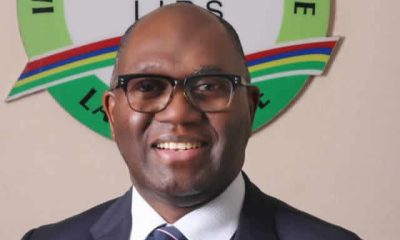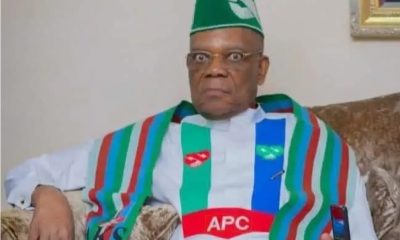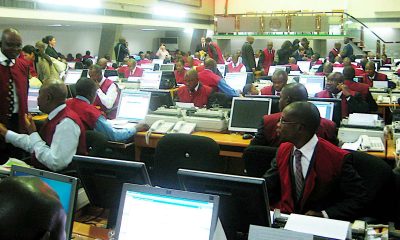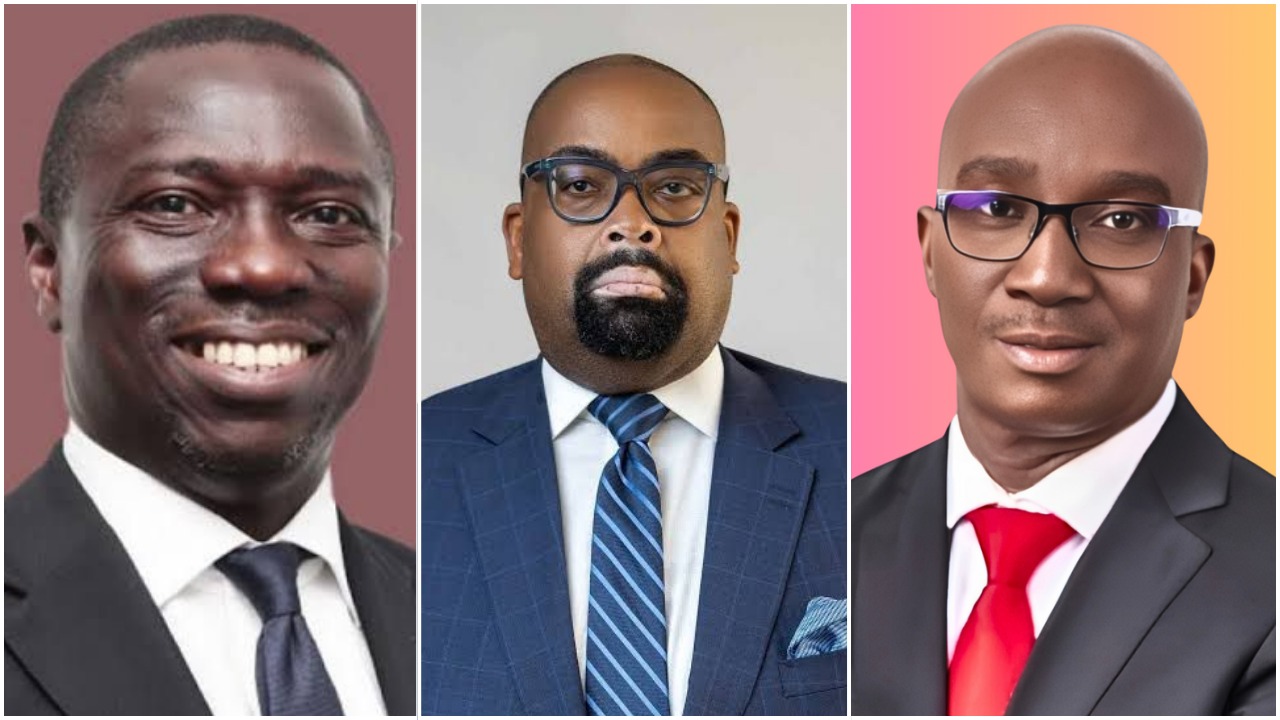At the heart of democratic governance lies a sacred trust—the bond between the electorate and the institution responsible for safeguarding their choices.
As the electoral umpire, the Independent National Electoral Commission (INEC), led by Prof. Mahmood Yakubu, faces a historic test in the ongoing Edo State Governorship election.
Together with the Edo State Resident Electoral Commissioner (REC), Dr. Anugbum Onuoha, this crucial institution holds the power to shape the future, either by upholding democratic values or tarnishing them.
INEC’s role is not to control the outcome but to reflect the will of the people—a duty that carries the weight of justice, integrity, and fairness. With the world watching, the commission must rise to this responsibility.
To undermine this process would be to tamper with the very essence of governance—a right earned through struggle and sacrifice. Every vote must count, every voice must be heard. Any deviation from this path would be a betrayal of the democratic principles that bind society together.
Temptations to manipulate the process may emerge, but INEC must resist. The lure of rigging results to favor certain agendas might seem compelling, yet such actions breed discontent, erode trust, and divide the very people INEC is meant to serve.
READ ALSO: Edo Decides: Vote buying, manipulation, violence erode democracy
Once tainted, the integrity of the electoral process is difficult, if not impossible, to restore. This is not merely a legal question but a moral one, for the commission’s duty transcends the law—it is about preserving the faith of the populace.
The manipulative philosophy that “power must be seized, not earned” is destructive in a democratic context. Such thinking corrupts the very ideals that democracy seeks to uphold: the free, fair, and credible representation of the people’s will. INEC must avoid this path. Consider the troubling discrepancies in Etsako East, where 213 voters were accredited out of 493 registered, yet 406 votes were recorded.
Or in Akoko-Edo, where a suspiciously perfect turnout of 858 registered and accredited voters saw the APC secure 800 votes, despite heavy rainfall that day. Such manipulations undermine democracy and erode public trust.
The consequences of these actions are dire. A society fractured by electoral fraud is one that struggles to rebuild trust in its institutions. INEC now stands at a pivotal moment: to choose transparency and integrity over deceit and division.
This is not just a fleeting decision—it will shape the legacy of Nigeria’s democracy. The pressure is immense, but so is the opportunity to reaffirm INEC’s commitment to fairness.
The people have placed their trust in INEC. This trust must be honored by ensuring that the true voice of the electorate is heard. A government of the people, by the people, and for the people is only possible when the electoral process reflects the genuine will of the citizens.
As the world watches, INEC must remember it is not just an umpire; it is the steward of Nigeria’s democratic future. Now is the time to stand firm, uphold democratic ideals, and protect the integrity of the election.

 Latest1 week ago
Latest1 week ago
 Business1 week ago
Business1 week ago
 Latest1 week ago
Latest1 week ago
 Latest1 week ago
Latest1 week ago
 Business1 week ago
Business1 week ago
 Business1 week ago
Business1 week ago
 Football1 week ago
Football1 week ago
 Business1 week ago
Business1 week ago

